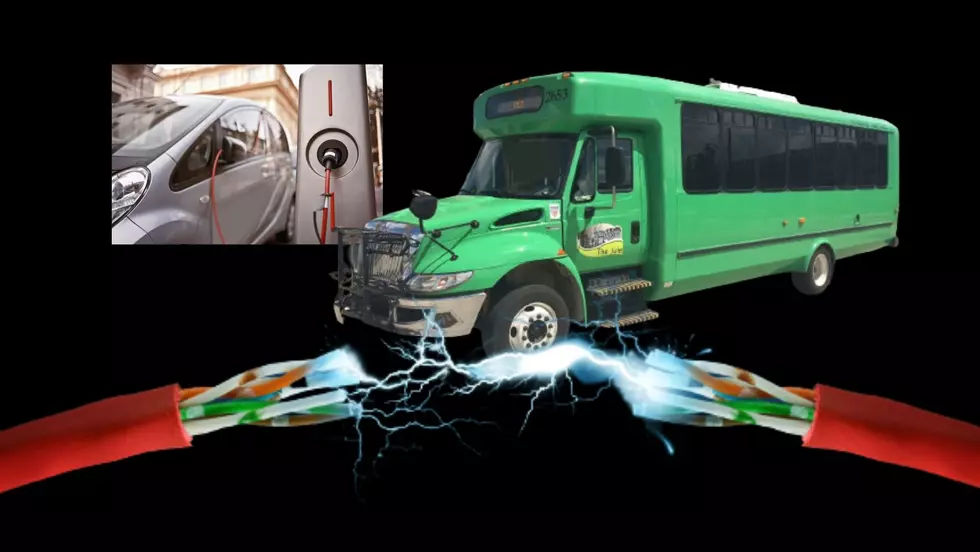
Dubuque To Get First Electric Jule Bus; Misses Out On $3.4 Million
Back in June the City of Dubuque was seeking funding for a $4.1 million project to add their first electric buses to the local Jule transit fleet. The project would include purchasing three electric buses and two charging stations, as well as installing solar panels on the roof of the Jule Operation and Training Center to power those vehicles. Dubuque City Council members approved the application for the grant from the Federal Transit Administration’s Low or No Emission Vehicle Program of 3.4 million dollars, with the city planning to pay the remaining $759,000 required to fund the project.
Plans are still in place to purchase electric buses in Dubuque; however, the city was not approved for that $3.4 million federal grant to buy three electric buses. City officials are moving forward with the purchase of one electric bus despite the set back. This first electric bus is scheduled to hit the streets of Dubuque, sometime in the spring of 2024. In addition, city officials say they remain committed to transitioning its vehicles from gas to electric as a way to reduce Dubuque’s greenhouse gas emissions.
According to a report from the Telegraph Herald, the city’s first electric bus will cost between $900,000 and $1 million. The majority of that cost is covered by a $1.07 million grant the city received in 2020 through the Federal Transit Administration’s Buses and Bus Facilities Program. That grant will pay for 85% of the cost with the city covering the rest.
News of more electric vehicle use has currently caused issues in heavy power consumption areas, like California, where residents have been asked to NOT charge their electric vehicles for fear of major blackouts as electric grids strain to keep up with usage rates.
The article states that transitioning the city’s fleet of vehicles from gas to electric-powered remains a major goal of the city’s Community Climate Action & Resiliency Plan. This top priority plan put together by the Dubuque City Council, aims to reduce the city’s overall greenhouse gases by 50% by 2030, compared to 2003 emissions levels.
LOOK: What are the odds that these 50 totally random events will happen to you?
More From Eagle 102.3









